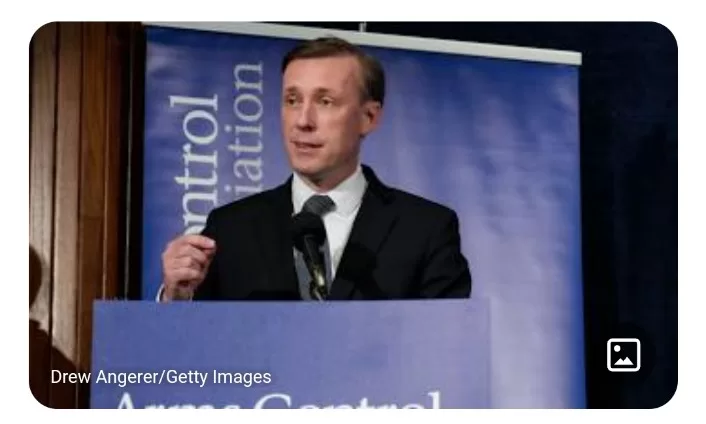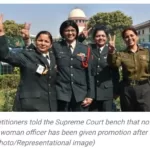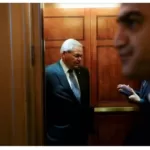WASHINGTON – Recent allegations made by Canadian Prime Minister Justin Trudeau, accusing the Indian government of involvement in the murder of a Canadian citizen, have sparked discussions on the state of Canada-U.S. relations. The White House, however, is eager to dispel any notion of strain between the two countries.
National Security Adviser Jake Sullivan has emphasized that the United States shares Canada’s “deep concerns” regarding this issue and firmly denies any suggestion of a growing divide in their bilateral relations. While recent U.S. efforts to strengthen ties with India both economically and geopolitically have raised eyebrows, the White House is committed to maintaining a strong partnership with its northern neighbor and vital trading partner.
The victim in question, Hardeep Singh Nijjar, a prominent Sikh leader and a known separatist viewed as a terrorist by the Indian government, was tragically killed outside a temple in British Columbia back in June.
An anonymous Canadian official has disclosed that the allegations of India’s involvement are grounded in surveillance activities targeting Indian diplomats in Canada. This intelligence reportedly includes information provided by a significant ally. The nature of these communications, the identity of the ally providing the intelligence, and the methods used to obtain this information remain undisclosed due to the sensitive nature of the matter.
National Security Adviser Jake Sullivan stated during a White House press briefing, “We are consulting closely with Canada; we support the efforts that they are undertaking in this investigation, and we have also been in touch with the Indian government as well. I firmly reject the idea that there is a wedge between the U.S. and Canada. We have deep concerns about the allegations, and we would like to see this investigation carried forward and the perpetrators held to account.”
Prime Minister Trudeau, speaking at the UN General Assembly, has urged India to cooperate with the investigation and collaborate with Canada to ensure accountability and justice. However, he has declined to provide further details regarding the evidence that prompted his statement about “credible allegations” of Indian involvement, emphasizing the seriousness of the matter.
The fallout from these allegations resulted in the expulsion of diplomatic envoys from both Canada and India. India has also suspended visa services for Canadian citizens and dismissed the accusations as absurd, asserting that they are an attempt to divert attention from the presence of individuals wanted by Indian authorities who have found refuge in Canada.
Indian External Affairs Ministry spokesperson Arindam Bagchi suggested that Canada’s allegations may have political motivations, stating, “No specific information has been shared by Canada on this case. We are willing to look at any specific information; we have conveyed this to the Canadians.” Bagchi also accused Canada of providing a safe haven for extremists.
Hardeep Singh Nijjar was working to organize an unofficial referendum among the Sikh diaspora regarding independence from India at the time of his tragic death. He had consistently denied India’s accusations of terrorism.
National Security Adviser Sullivan underscored the commitment of the United States to uphold its fundamental principles and stated, “Regardless of the country, we will stand up and defend our basic principles. And we will also consult closely with allies like Canada as they pursue their law enforcement and diplomatic process.”
As the investigation continues, this complex and sensitive issue underscores the challenges of diplomacy and international relations in an interconnected world.
With contributions from The Associated Press.







